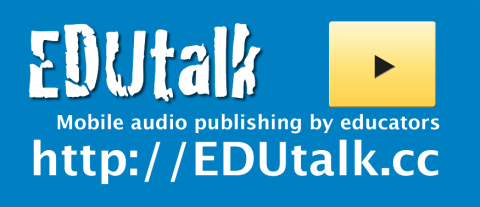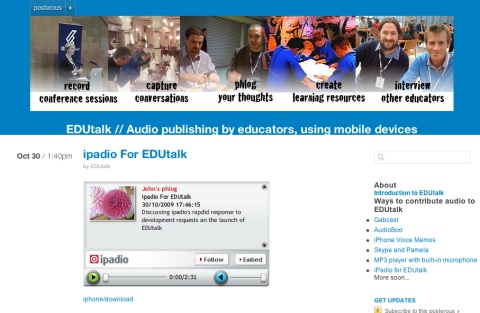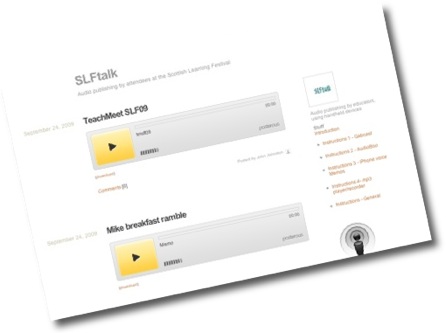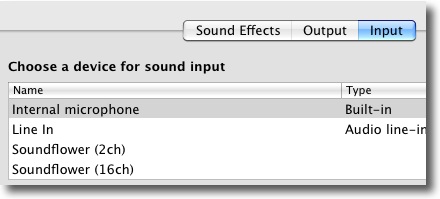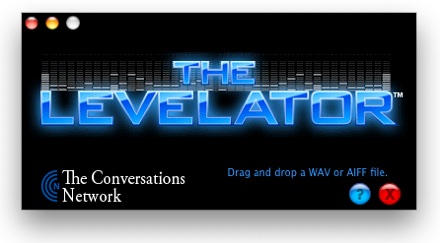Joe does a great job filling in the background to TeachMeet mobile so I’ll not give much background except to say that I was surprised at how well the event went, ipadio‘s audio coming over loud and clear after I switched from Safari to firefox.When David had told me about it I wondered if it would really work, would enough folk signup in the short timeframe and would folk listen if the technology worked. For twitter there seem to be a far number following live. We had a wee problem with some of the prerecorded audio and one was posted to EDtalk.cc: EDUtalk365 #1 – A G Pate (University of Glasgow) and it had 70 views within an hour (nearly 300 now)
At the start of the noughties I was teaching at Sandaig Primary in Glasgow.
By then. even as a late starter I had been using computers for 5 years. We had 4 or 5 apple macs in school and a few old BBCs. I never did get a BBC to work.
By the year 2000 I was creating ict tools, mostly with the wonderful HyperCard, games for kids, worksheet makers for teachers and planning tool for myself. At that time my focus was for making simple and engaging activities for children this included a fair bit of drill and practise.
Even then I had always enjoyed getting my classes to produce newspaper and the like, trying in a simple way to make some of their work ‘real’ and purposeful.
Over the next couple of years I started a school website to show off my pupils work. I was trying to fill up 2mb of AOL space with stories, pictures and some flash animation. About 6 pupils in my class had an internet connection, dialup of course. I hoped that publishing on the web would be motivation for the children and started to build simple tools to help them publish word and pictures.
By 2004 we had out own domain and started to produce a weblog, I was not really aware of the blogging that was going on in education but though it followed on motivationally from other things we were doing. by this time the school had a network with 2pcs in the class, our old macs, now including a couple of iMacs were not allowed on the network.
At the Scottish learning festival in 2004 I saw radiowaves and was very impressed with this online collection of class and school radio stations, unfortunately I could not afford this so started thinking about publishing audio on our website. This was 1st recorded on the windows voice recorder which seemed to be limited to 1 minute recordings. i had a lot of fun figuring out how to get my truly horrible flash ‘radio station’ to work. It was obvious from the start, even with terrible quality and background noise that the pupils could produce compelling and powerful audio and enjoyed doing it
.
According to wikipedia The term “podcasting” was first mentioned by Ben Hammersley in The Guardian newspaper in a February 2004 article. But I did not heard of it.
As we continued to make more recordings, of music, french and writing, in early 2005 I was hearing about podcasting but though it a flash in the pan! By Easter I realised that it was the way to go and added a handmade RSS feed to our Radio Sandaig webpage. The main focus for the podcast shifted to a child lead magazine style ‘chat show’. This continued till 2008 with occasional curricular or project based episodes.
I found podcasting to be a wonderful tool. Extremely motivating , children would happily work on scripts in their own time it particularly good for encouraging collaborative working.
For a while the children were unaware that they were involved in talking, listening, reading and writing as they assumed they were doing ict. As the shows went by it was obvious that individuals were improving their confidence and talking skills especially and that the groups of children were working hard helping each other improve their presentation.
Over the 2nd half of the decade podcasting has become mainstream and is a lot easier to do. Over the time we moved through audacity to GarageBand and tools to create & publish podcasts are easy to find. I think of classroom podcasting as a low cost activity as you only really need one computer, and perhaps a microphone. most of the activity for the children is in the planning and preparation.
Tools like posterous or podcast producer make the technical side of podcasting invisible and will allow learners to concentrate on the content and presentation. and I’ll be interested in seeing how this develop.
As the decade finishes we are seeing a lot more mobile podcasting possibilities; ipadio, audoBoo and posterous. These will hopefully be exploited for mobile podcasting away from the classroom, a different sort of podcast, less planning and presentation more capturing experience and evidence. I occasionally. with much footering, tried mobile podcasting but now we have the tools at hand and in a lot of pockets. I remember fantasising back in the middle of the decade about some sort of podcast which could be made on the same device as it was listened to. Podcast and comments would become some sort of tree structure with listeners being able to listen and join in to different nodes in the conversation. I hope to see something of that sort appear in the next decade.
Finally a podcast that made a big impact on me in the early days was an audio-manifesto produced on idlewords, there is a text copy at:www.idlewords.com/audio-manifesto.txt. Basically the writer was proving that reading was better than listening, faster less linear and that is much easier to provide links in hypertext than audio. I am still convinced by this, but there are two thing that make podcasts stand out, one you can listen while doing something else, try reading a blog while doing the dishes or driving, the second is the extra communication provided by the human voice, time and again comments on the children’s podcast showed that this was much appreciated by their audience.
I don’t think that is going to go away and podcasting of some sort will still be a great classroom activity in 10 years time, I just hope it is used in more of them.
